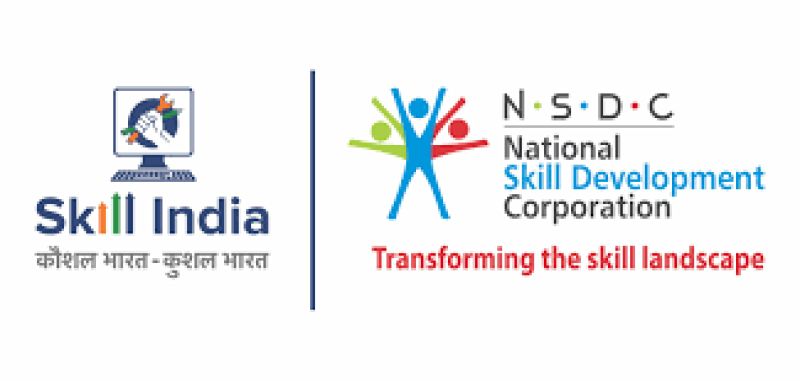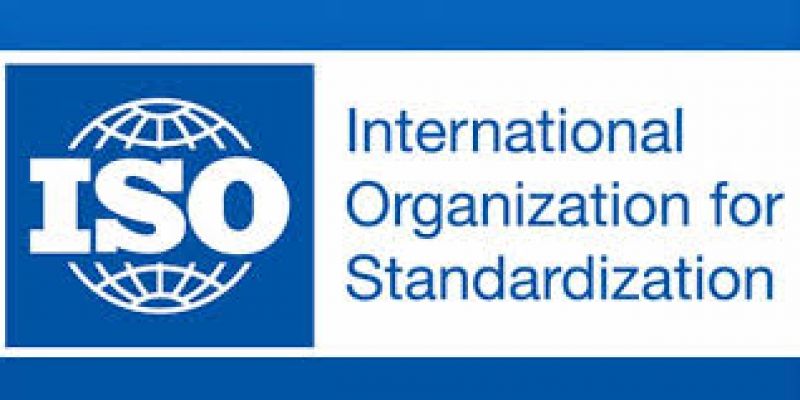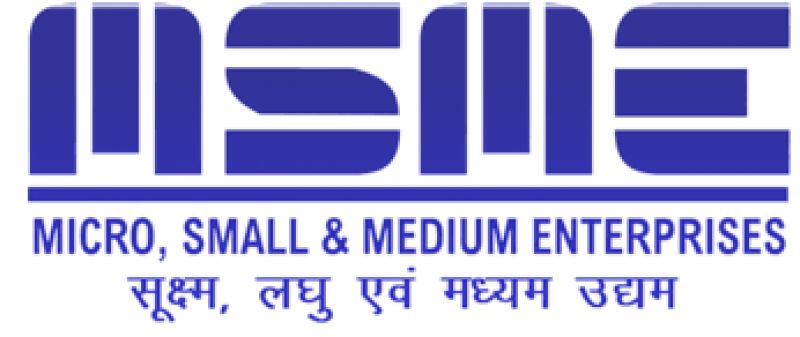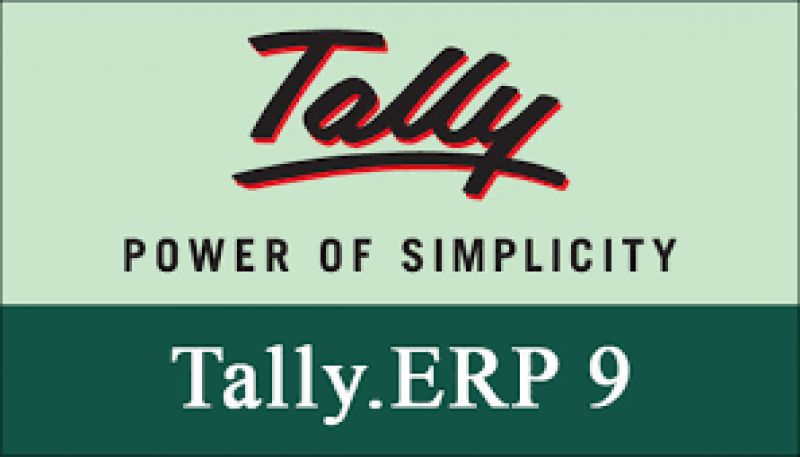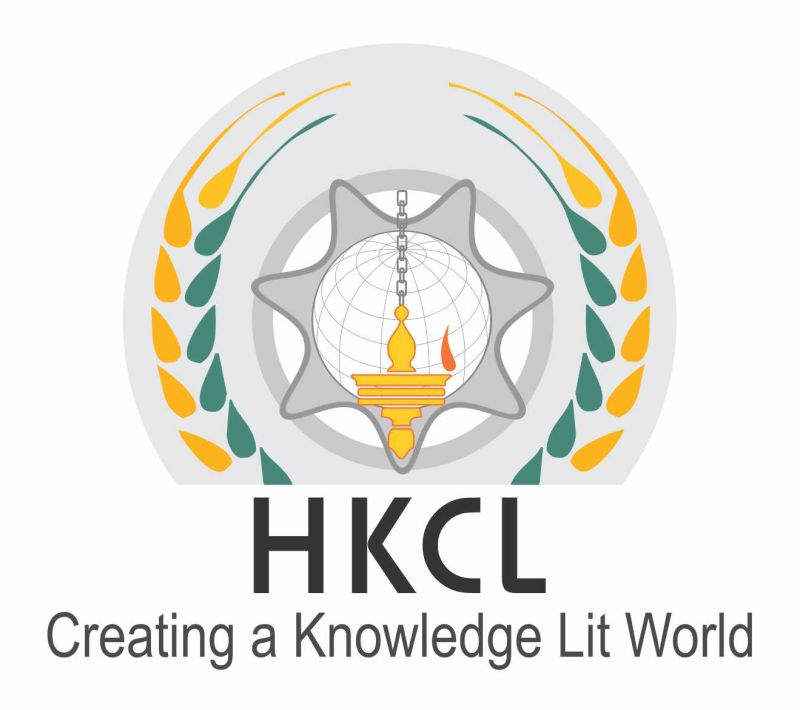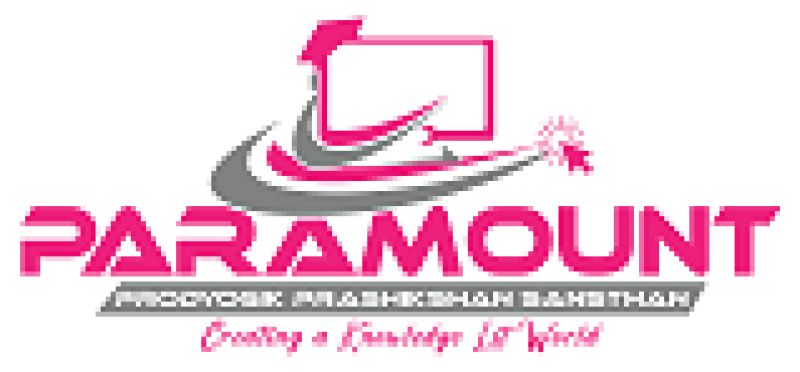
C++ Object Oriented
10TH

Course Code : TALLY-102
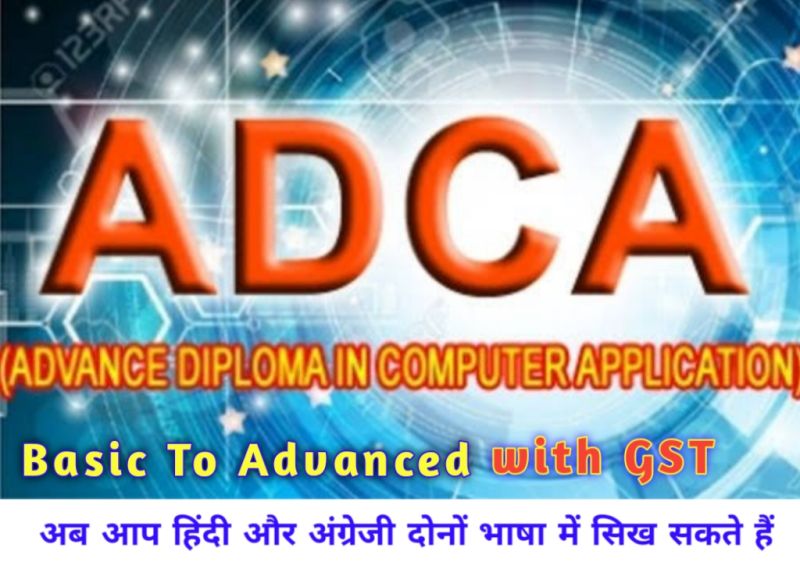
Course Code : M-ACCA-01

Course Code : PPPS_101
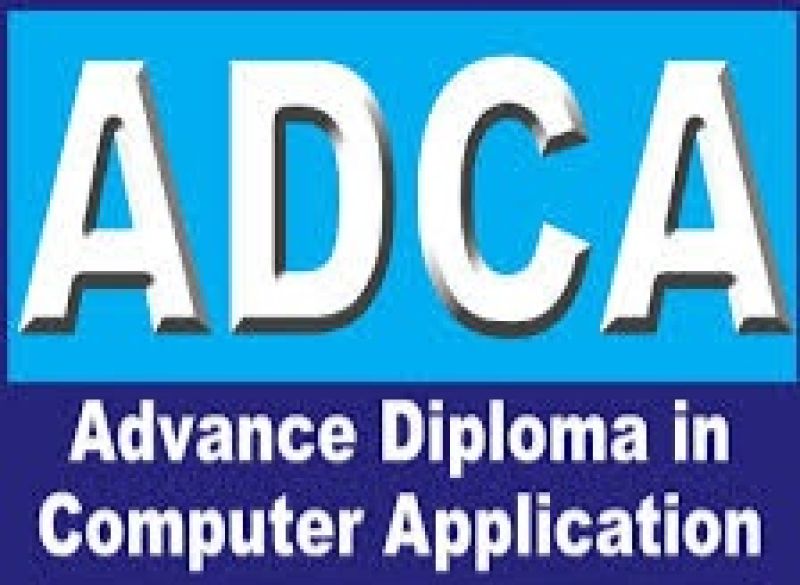
Course Code : PPPS_401

Course Code : PPPS_103
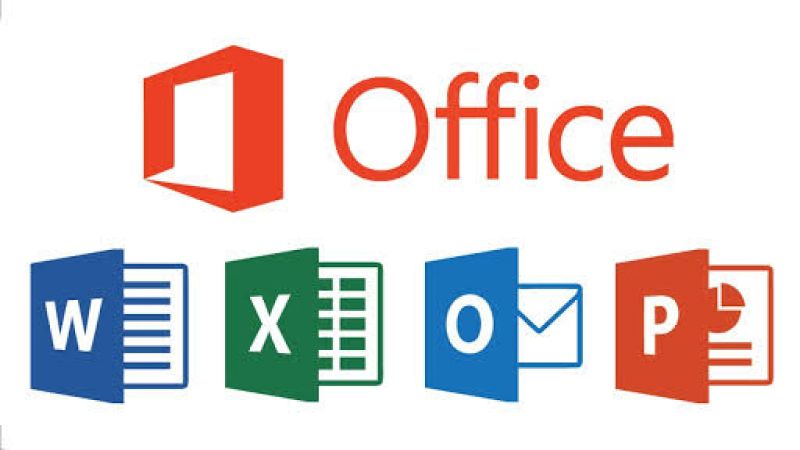
Course Code : PPPS_104
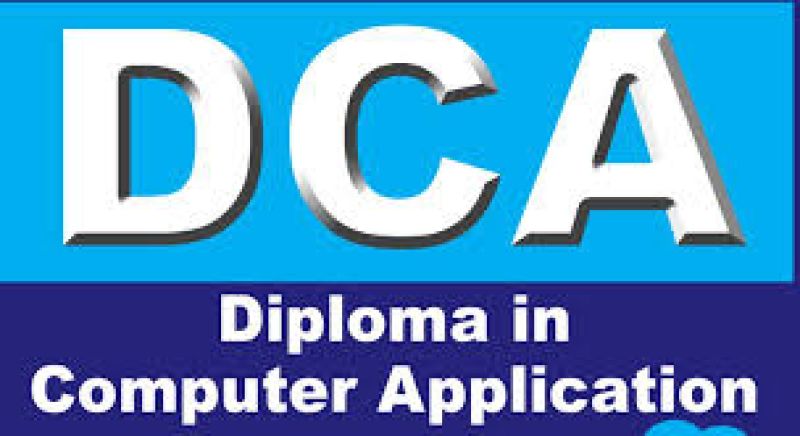
Course Code : PPPS_201

Course Code : TALLY-102

Course Code : PPPS_101

Course Code : PPPS_103

Course Code : PPPS_104

Course Code : PPPS_401

Course Code : PPPS_201

Course Code : PPPS_105

Course Code : PPPS_402

Course Code : PPPS_403

Course Code : PPPS_106

Course Code : PPPS_106

Course Code : PPPS_106

Course Code : PPPS_404

Course Code : PPPS_404

Course Code : PPPS_403

Course Code : PPPS_402

Course Code : TALLY-102

Course Code : PPPS_101

Course Code : PPPS_103

Course Code : PPPS_104

Course Code : PPPS_105

Course Code : PPPS_401

Course Code : PPPS_201

Course Code : PPPS_402

Course Code : PPPS_403

Course Code : PPPS_404

Course Code : TALLY-102

Course Code : PPPS_101

Course Code : PPPS_103

Course Code : PPPS_104

Course Code : PPPS_105

Course Code : PPPS_401

Course Code : PPPS_201

Course Code : PPPS_402

Course Code : PPPS_403

Course Code : PPPS_404

Course Code : PPPS_404

Course Code : TALLY-102

Course Code : PPPS_101

Course Code : PPPS_103

Course Code : PPPS_104

Course Code : PPPS_105

Course Code : PPPS_401

Course Code : PPPS_201

Course Code : PPPS_402

Course Code : PPPS_403

Course Code : PPPS_404

Course Code : PPPS_404

Course Code : TALLY-102

Course Code : PPPS_101

Course Code : PPPS_103

Course Code : PPPS_104

Course Code : PPPS_105

Course Code : PPPS_401

Course Code : PPPS_201

Course Code : PPPS_402

Course Code : PPPS_403

Course Code : PPPS_404
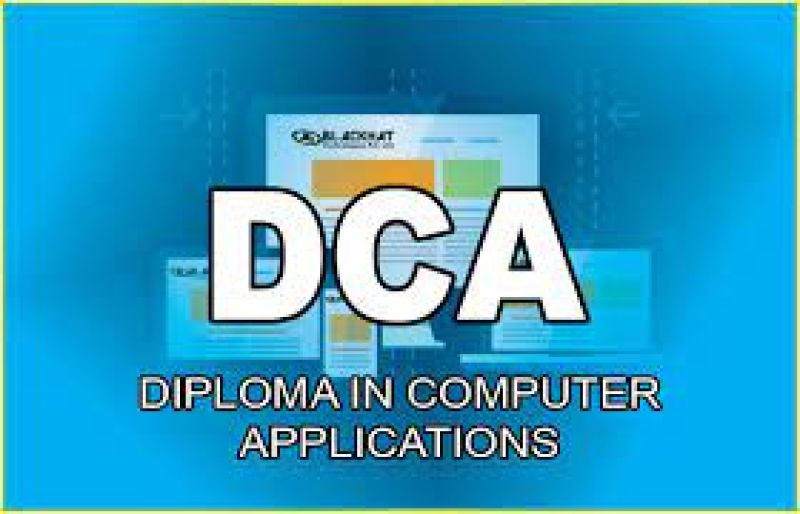
Course Code : PPPS_405

Course Code : PPPS_405

Course Code : PPPS_406

Course Code : PPPS_406

Course Code : TALLY-102

Course Code : PPPS_101

Course Code : PPPS_103

Course Code : PPPS_104

Course Code : PPPS_105

Course Code : PPPS_401

Course Code : PPPS_201

Course Code : PPPS_402

Course Code : PPPS_403

Course Code : PPPS_404

Course Code : PPPS_405

Course Code : PPPS_406

Course Code : PPPS_107
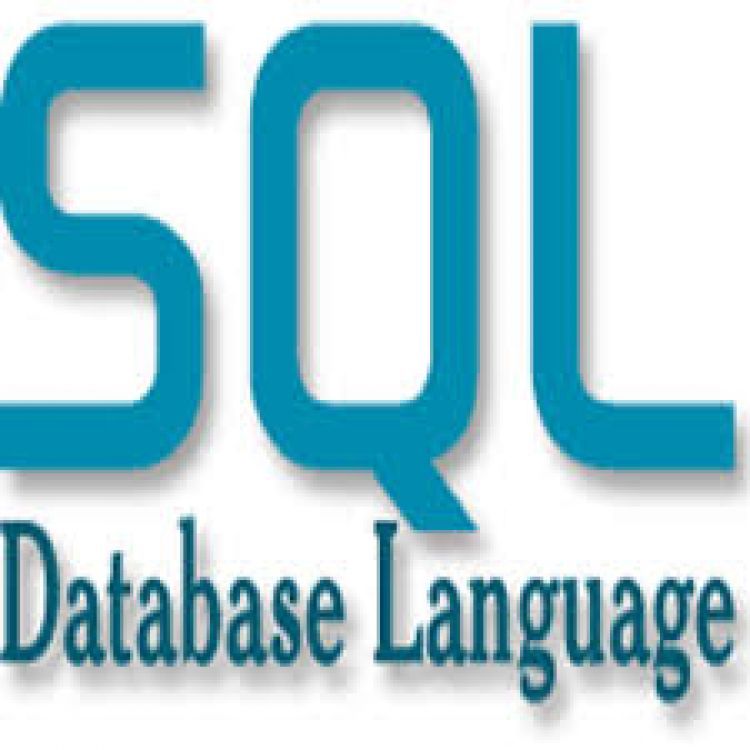
Course Code : PPPS_108
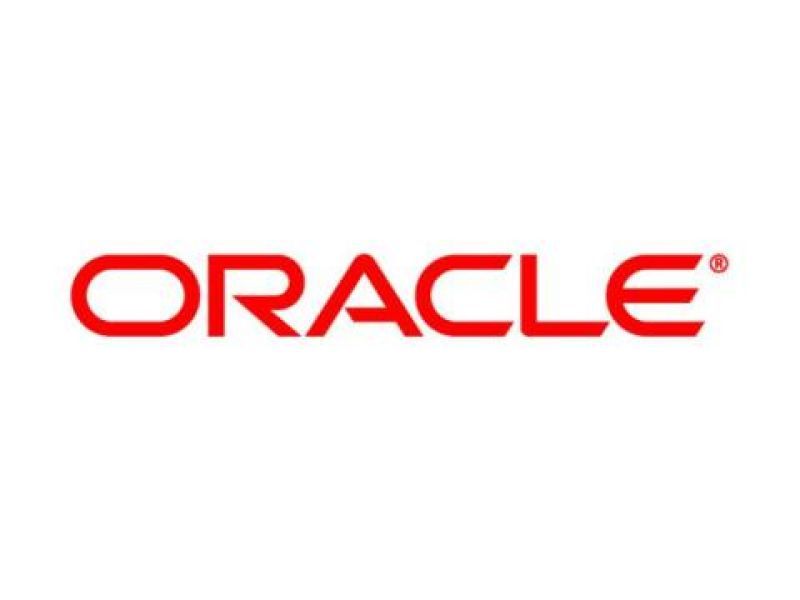
Course Code : PPPS_109

Course Code : PPPS_110

Course Code : PPPS_111

Course Code : PPPS_112

Course Code : PPPS_113

Course Code : PPPS_114

Course Code : PPPS_115

Course Code : PPPS_116
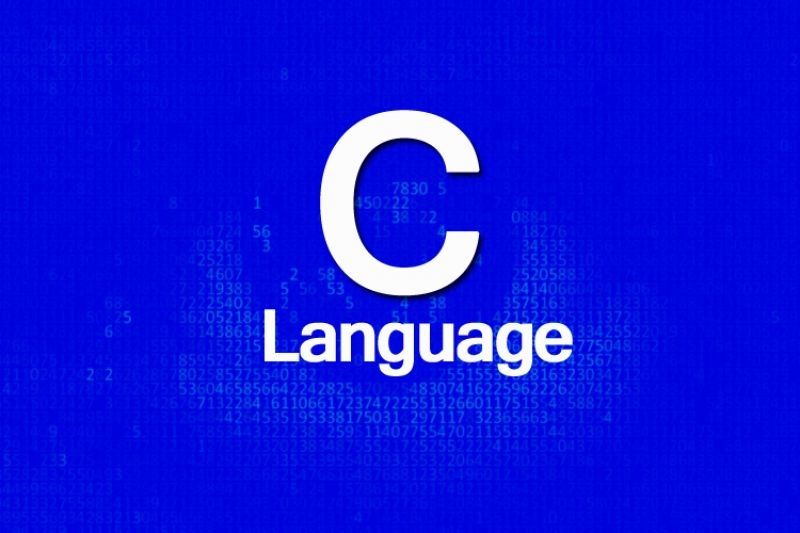
Course Code : PPPS_117

Course Code : PPPS_118

Course Code : PPPS_119

Course Code : PPPS_120

Course Code : PPPS_121

Course Code : PPPS_122

Course Code : PPPS_123

Course Code : PPPS_124

Course Code : PPPS_125

Course Code : PPPS_126

Course Code : PPPS_127
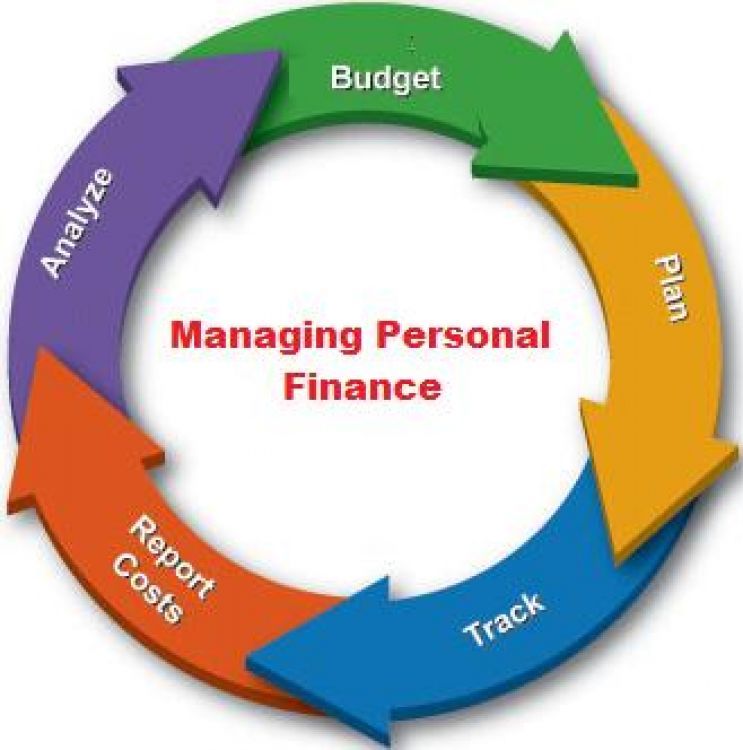
Course Code : PPPS_128

Course Code : PPPS_129
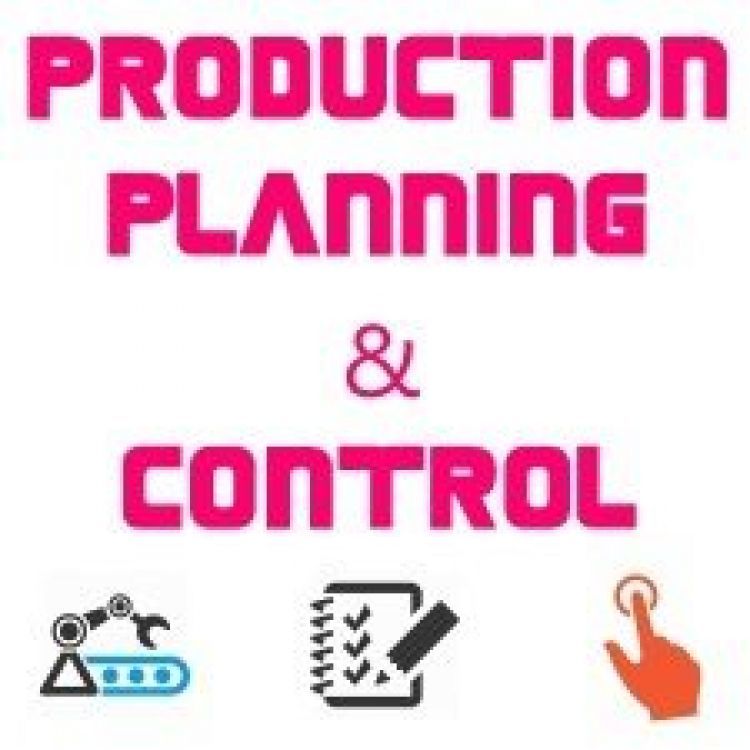
Course Code : PPPS_130

Course Code : TALLY-102

Course Code : PPPS_401

Course Code : PPPS_201

Course Code : PPPS_402

Course Code : PPPS_403

Course Code : PPPS_404

